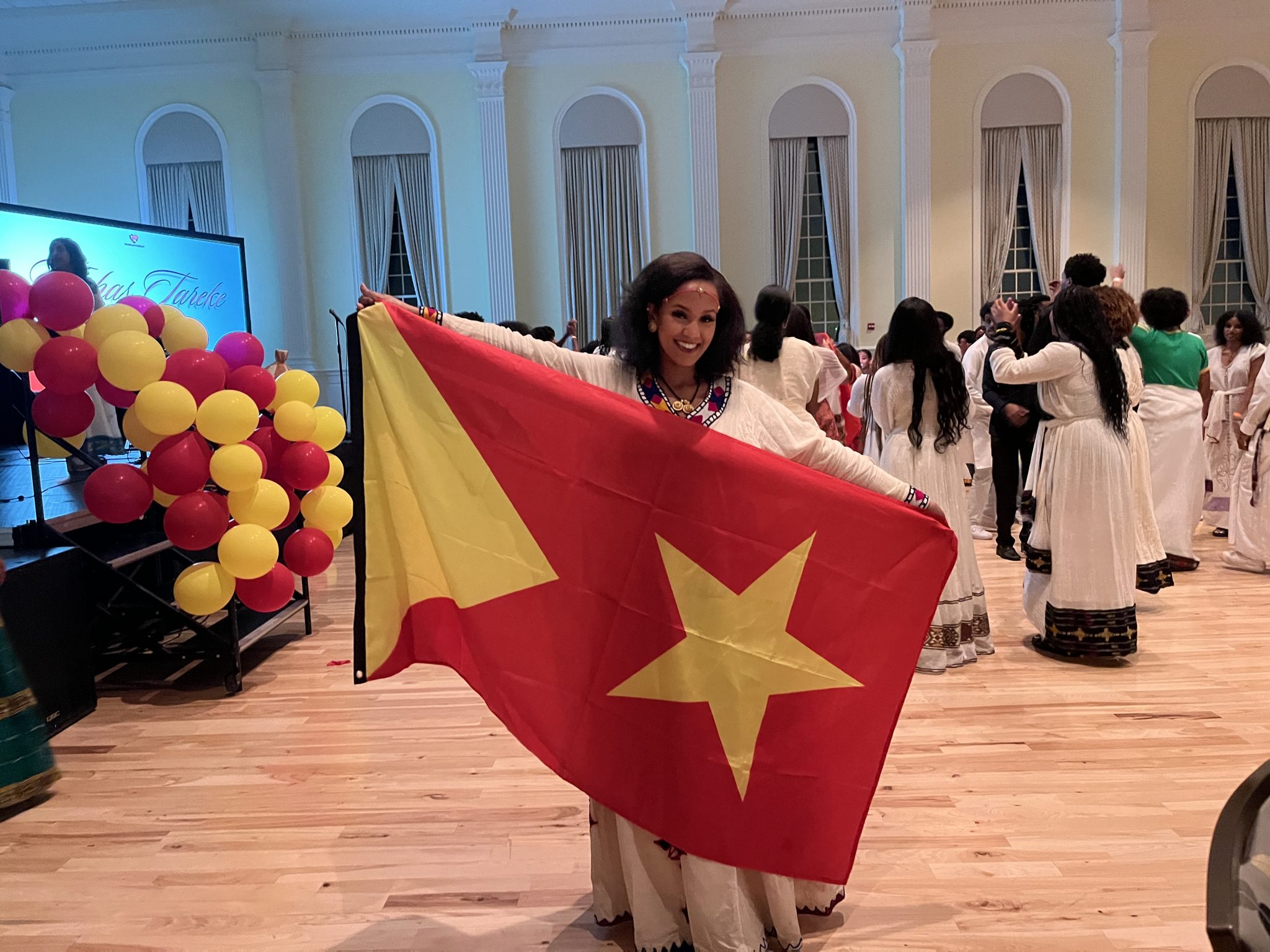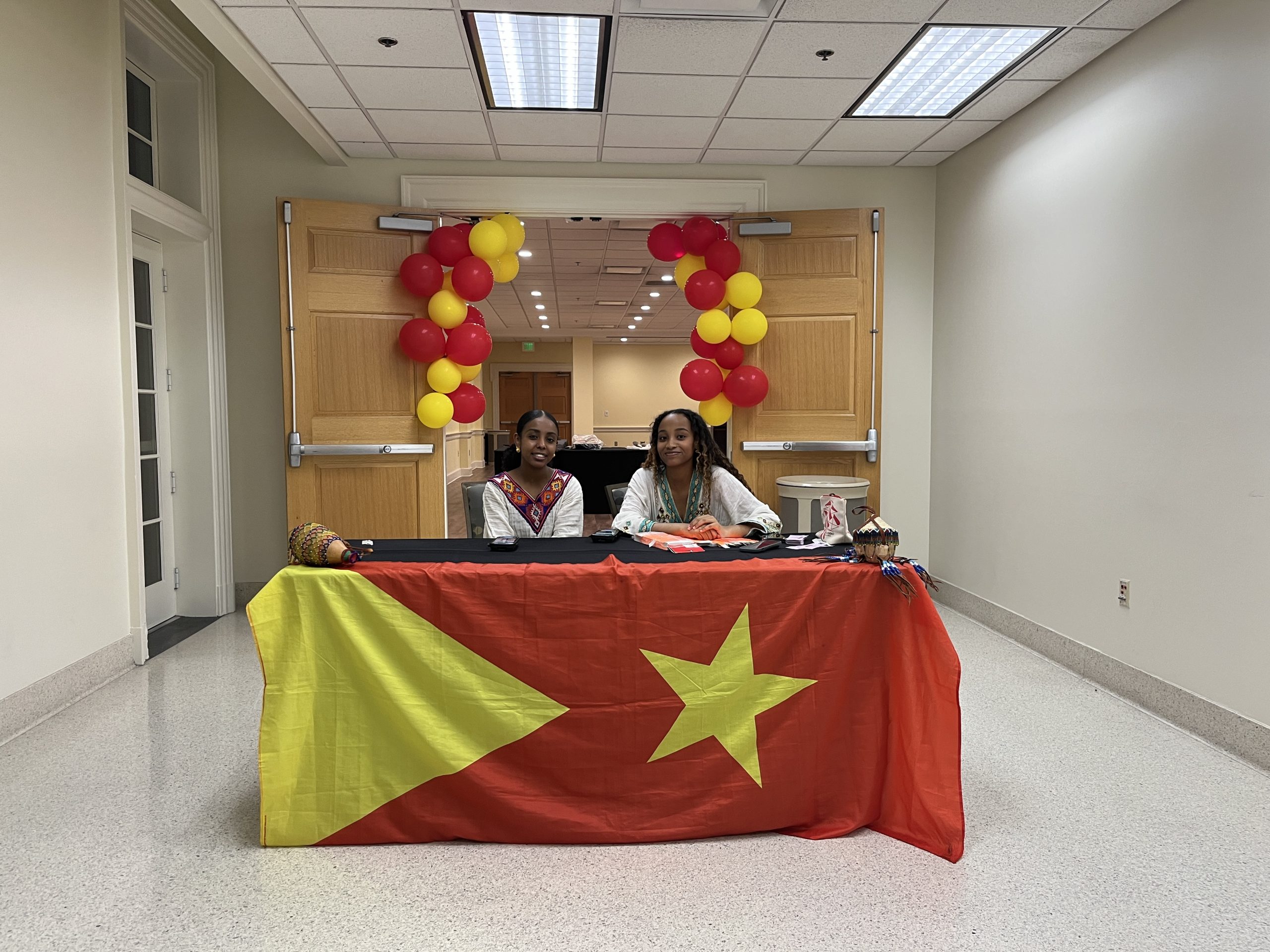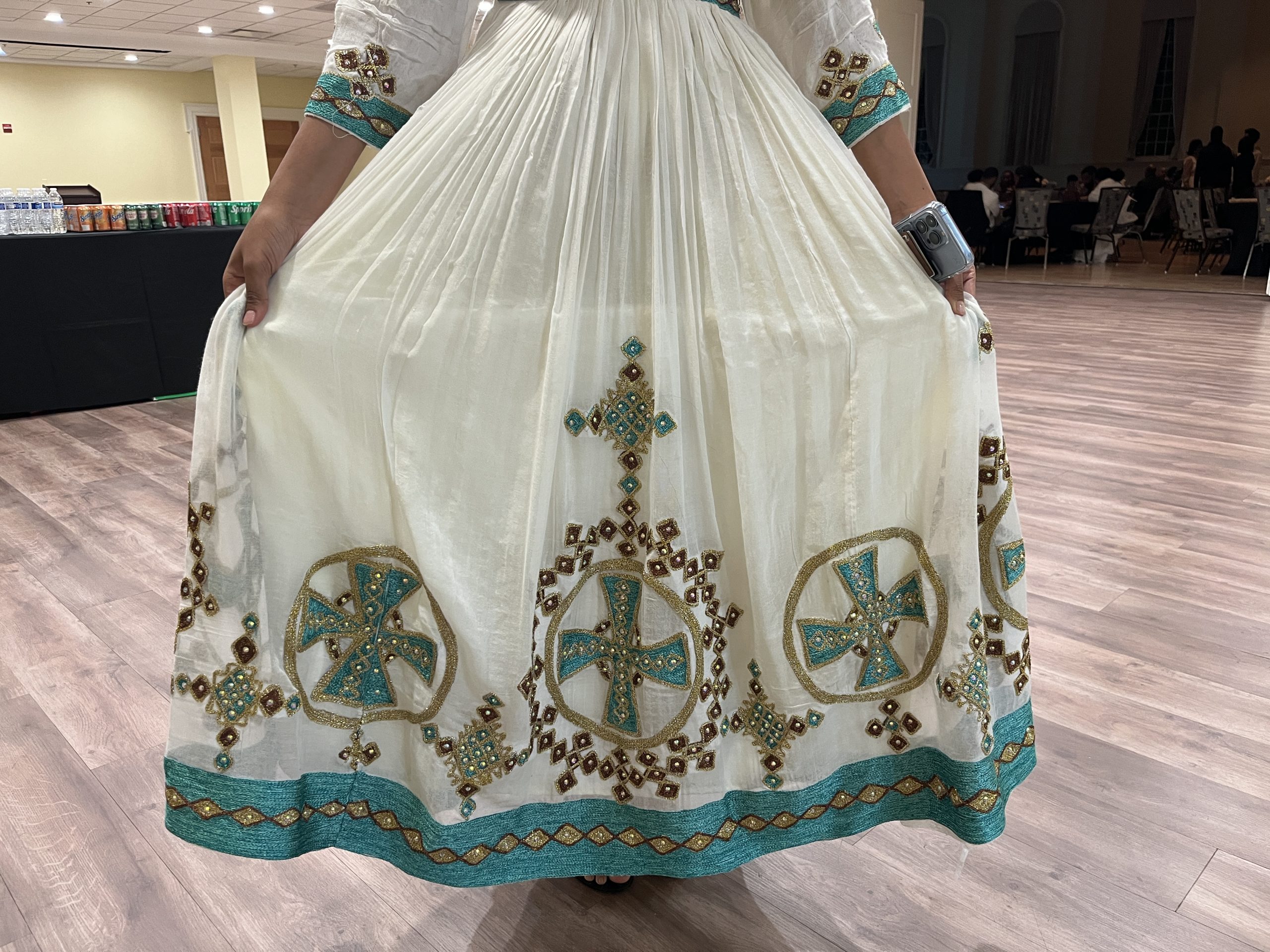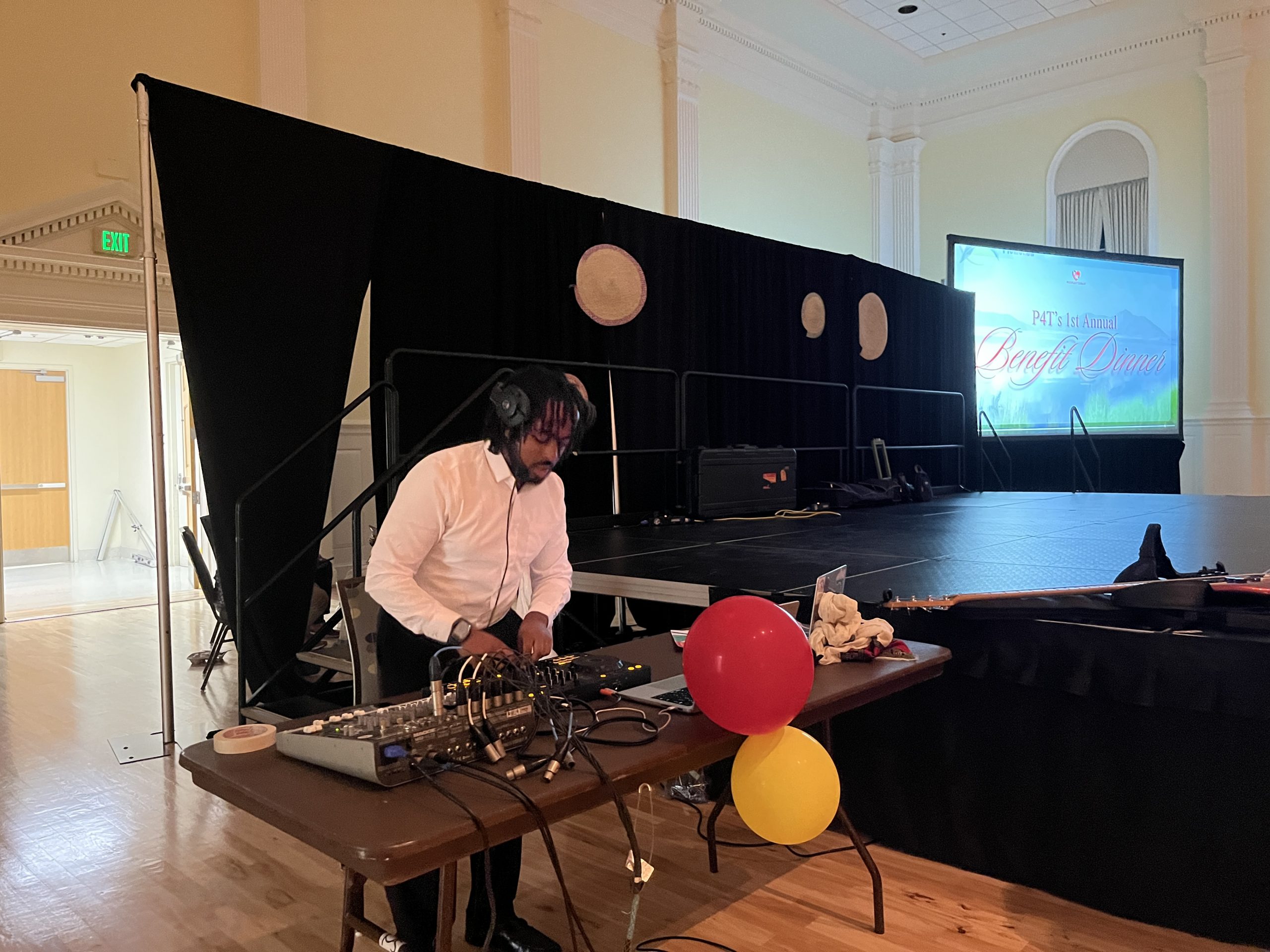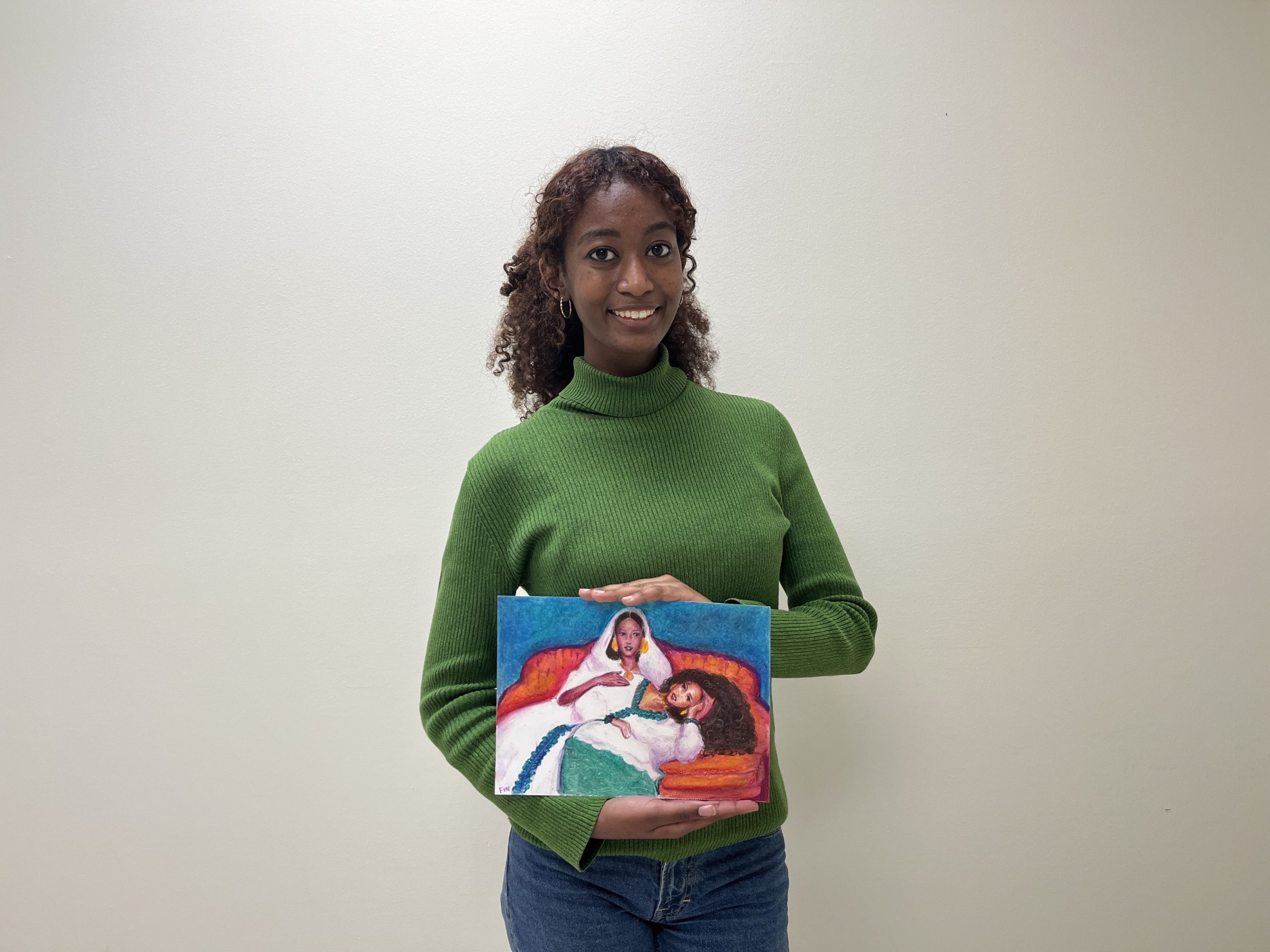By Anastasia Merkulova
For The Diamondback
University of Maryland community members gathered for a fundraising dinner in Stamp Student Union Saturday to raise money to rebuild elementary schools in Ethiopia’s Tigray region.
This university’s People4Tigray student organization hosted the inaugural dinner. The group aims to support Tigrayan students and people affected by violence in the region.
The event also included a fashion show, a live performance by renowned Tigrayan artist Trhas Tareke and an art auction to support Tigrayan schools.
The Ethiopian government launched a war against the Tigray People’s Liberation Front — the region’s ruling party — in November 2020, later joined by Eritrea, according to the Associated Press. The conflict killed about 500,000 civilians in Tigray, the Associated Press reported.
The sides reached a peace agreement in 2022 after two years of fighting, according to the Associated Press. After the peace agreement, hundreds of people in Tigray have died of starvation, lost their homes and been displaced, while millions more need humanitarian food aid, the outlet reported in January.
Betty Kahsay, People4Tigray’s president, said she helped start the club during her sophomore year to raise awareness and provide a community for Tigrayan students on campus.
“One of our goals as a philanthropy and advocacy organization is to not only help the Tigrayans here, but to help the Tigrayans back home,” the senior psychology and sociology major said.
[UMD community members promote Guilford Woods preservation in forest walk]
The proceeds from the dinner will go towards the organization’s “Rebuild Hope” project, which aims to restore schools in Tigray.
This upcoming winter and summer, club members will travel to Tigray to distribute school supplies and the money raised for children, Kahsay said.
Sesen Amanuel, a junior criminology and criminal justice major who grew up in Addis Ababa, Ethiopia’s capital, volunteered at the event. The recent violence in the region has made it difficult for Amanuel to understand her Tigrayan identity, she said.
“[Tigrayans] are really strong and resilient and just get up time after time,” Amanuel said. “ I’ve learned to be strong and resilient.”
During the event, attendees danced to traditional Tigrayan music and wore cultural attire such as the Habesha kemis, a traditional Ethiopian dress.
Wadi Ahmed, an information systems graduate student and People4Tigray member, was a DJ at the event. Tigrayan music is important because it tells the stories of people who fought for their independence and rights, Ahmed said.
Although Ahmed is Oromo, another Ethiopian ethnic group, he said it’s important to support fellow Ethiopians, especially using the privileges of living in the United States, to help “rehabilitate the region.”
Faven Mulugeta, a sophomore animation, film and television major at New York University who is Tigrayan, visited Maryland to see her friends and auction her artwork at Saturday’s dinner. The art piece depicted two women lounging.
“I really like showing sisterhood and friendship in my artwork,” Mulugeta said.
[UMD community honors National Mental Health Awareness Week with series of events]
Mulugeta said social and religious aspects of Tigrayan culture have inspired her artwork, particularly its vibrant colors. Her inspiration stems from watching her aunties socialize growing up and the iconography she saw in Ethiopian churches, she added.
Mariza Bwejeri, People4Tigray’s general body meeting coordinator, said although she is from Burundi, another country in East Africa, she joined the organization to support her friends and advocate for human rights in Tigray.
Bwejeri emphasized the importance of people from different communities helping one another.
“I think it’s important to fight for human rights,” the senior public health science major said. “Whether you’re from there or not.”
